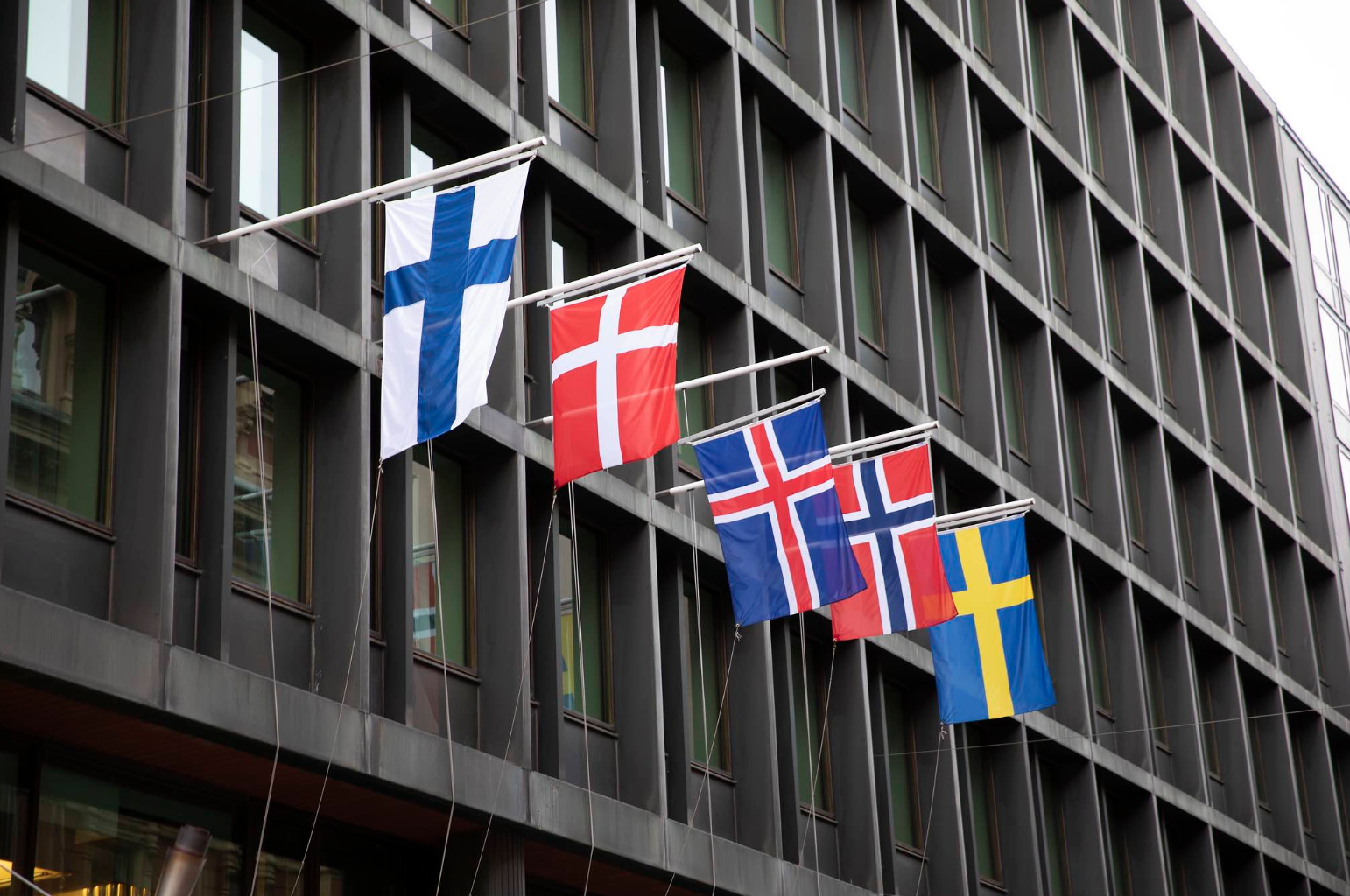During and after the Cold War, the Nordic countries assumed a role as bastions of human rights and democracy in Latin America. Despite belonging to different international organizations (Norway and Denmark as members of NATO and Sweden, Finland, and Denmark of the EU), they created their own international projection, representing a “Nordic model, democratic, inclusive and solidary”.
Now that Finland is a member of NATO and Sweden is moving forward in its accession process, this international projection is being put to the test. The world is shifting toward new geopolitical constellations, marked by the rivalry between the U.S. and China, and an EU seeking to reposition itself through so-called “strategic autonomy”. For the Nordic countries, the solution must be to work together so that democracy, the environment, and human rights are taken into account. In this sense, the projection elements of the “Nordic model” could be taken up again and updated to what we would call “strategic solidarity”.
One priority of “strategic autonomy” is to resume the reconnection between Europe and Latin America as soon as possible. To do so, the EU has made a new strategy for Latin America, and recently, both Josep Borell and Ursula von der Leyen have visited the region, in order to promote this line. In July, there will be a bi-regional summit in Brussels. There is no doubt that the region is crucial to the ecological balance of the planet. With more than 50% of the world’s biodiversity, it accounts for 14% of global food production, 45% of net international trade in agricultural and food products, and has the highest proportion of renewable energy in the world (61% in 2021).
Latin America also has key resources for the transformation of the EU in its Green New Deal projection. Through this ambitious plan, net greenhouse gas emissions are to be reduced by at least 55% by 2030. Latin America has around 60% of the world’s lithium reserves, 70% of copper, and reserves of nickel and cobalt. All this is fundamental for the change of the energy matrix, where a key point is the production of batteries for electric vehicles.
At the top of the agenda of Von der Leyen’s visit to Latin America was the consolidation of the relationship with Chile, with a key role in the export of lithium and copper, as well as the promotion of the ratification process of the trade agreement between the EU and Mercosur (Argentina, Brazil, Uruguay, and Paraguay). Although the agreement has been under negotiation since 2002 and an agreement was signed in 2019, it still needs to be approved in the Parliaments of EU and Mercosur countries. The European Commission sees this as a priority, given the EU’s loss of economic and political space in Latin America, where the U.S., China, and other countries are moving quickly and adopting new policies to link more closely with the region.
While closer alliances are being built around the world’s great powers, Latin America’s leading politicians have, for their part, advocated what is called “active non-alignment”. In reality, this is not so different from the EU’s “strategic autonomy”. That is to say, an attempt to fulfill national interests without depending on or being manipulated by other states.
Among the problems for the EU to advance in the negotiations with Mercosur are the criticisms of environmental organizations that fear an increase in the deforestation of the Amazon rainforest. The same applies to mineral extraction and its consequences in relation to the environment and human rights, something that has already created major conflicts in much of Latin America. The term “green colonialism” with respect to “renewable” investments is increasingly heard both abroad and in the region.
At the same time, there are those who call the EU’s socio-environmental standards for access to its market “disguised protectionism”. These concerns must be taken into account, without lowering environmental standards. One way to do this would be to consider “solidarity” dimensions that take into account the need for Latin Americans to secure access to technology and capital to build their own industry and integrate into more advanced value chains. EU companies have in Latin America an ideal partner to meet ESG (environmental, social and corporate governance) criteria, while at the same time, they can play a key role in supporting Latin America’s transformation from raw material producer to high-tech supplier.
The Nordic countries can play a key role in bringing Europe and Latin America closer together. Contact with the Nordic region goes back to the origins of the Latin American nation-states. The Nordics do not have a direct “colonial burden” and the “Nordic model” is well regarded by broad sectors of Latin American society. The memory of Nordic solidarity during the Cold War, when these countries played an important role as peace mediators and receivers of thousands of Latin American political refugees, still lingers in the region.
Latin America is, for the EU and the Nordic countries, one of the closest regions in terms of values and political system, something that enhances what today is called friendshoring. The Nordics should act together to promote Europe as an attractive partner for Latin America, not only for investors but also in terms of environmental and social issues.
We, therefore, propose to replace “strategic autonomy” with the concept of “strategic solidarity” in order to promote the construction of a bi-regional policy that functions as a platform for both regions to achieve a joint autonomous projection in the new global geopolitical context.
*Translated from Spanish by Janaína Ruviaro da Silva












